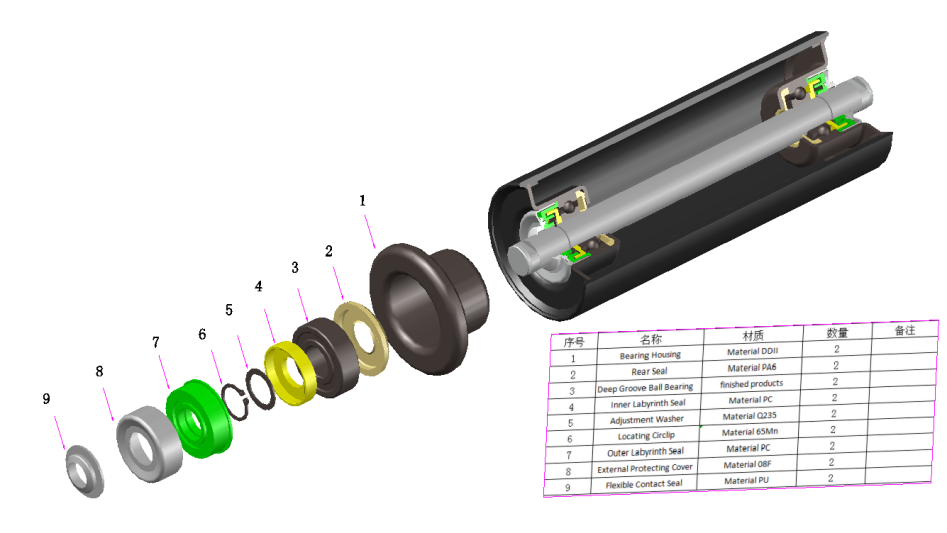 Afrikaans
Afrikaans  Albanian
Albanian  Amharic
Amharic  Arabic
Arabic  Armenian
Armenian  Azerbaijani
Azerbaijani  Basque
Basque  Belarusian
Belarusian  Bengali
Bengali  Bosnian
Bosnian  Bulgarian
Bulgarian  Catalan
Catalan  Cebuano
Cebuano  Corsican
Corsican  Croatian
Croatian  Czech
Czech  Danish
Danish  Dutch
Dutch  English
English  Esperanto
Esperanto  Estonian
Estonian  Finnish
Finnish  French
French  Frisian
Frisian  Galician
Galician  Georgian
Georgian  German
German  Greek
Greek  Gujarati
Gujarati  Haitian Creole
Haitian Creole  hausa
hausa  hawaiian
hawaiian  Hebrew
Hebrew  Hindi
Hindi  Miao
Miao  Hungarian
Hungarian  Icelandic
Icelandic  igbo
igbo  Indonesian
Indonesian  irish
irish  Italian
Italian  Japanese
Japanese  Javanese
Javanese  Kannada
Kannada  kazakh
kazakh  Khmer
Khmer  Rwandese
Rwandese  Korean
Korean  Kurdish
Kurdish  Kyrgyz
Kyrgyz  Lao
Lao  Latin
Latin  Latvian
Latvian  Lithuanian
Lithuanian  Luxembourgish
Luxembourgish  Macedonian
Macedonian  Malgashi
Malgashi  Malay
Malay  Malayalam
Malayalam  Maltese
Maltese  Maori
Maori  Marathi
Marathi  Mongolian
Mongolian  Myanmar
Myanmar  Nepali
Nepali  Norwegian
Norwegian  Norwegian
Norwegian  Occitan
Occitan  Pashto
Pashto  Persian
Persian  Polish
Polish  Portuguese
Portuguese  Punjabi
Punjabi  Romanian
Romanian  Russian
Russian  Samoan
Samoan  Scottish Gaelic
Scottish Gaelic  Serbian
Serbian  Sesotho
Sesotho  Shona
Shona  Sindhi
Sindhi  Sinhala
Sinhala  Slovak
Slovak  Slovenian
Slovenian  Somali
Somali  Spanish
Spanish  Sundanese
Sundanese  Swahili
Swahili  Swedish
Swedish  Tagalog
Tagalog  Tajik
Tajik  Tamil
Tamil  Tatar
Tatar  Telugu
Telugu  Thai
Thai  Turkish
Turkish  Turkmen
Turkmen  Ukrainian
Ukrainian  Urdu
Urdu  Uighur
Uighur  Uzbek
Uzbek  Vietnamese
Vietnamese  Welsh
Welsh  Bantu
Bantu  Yiddish
Yiddish  Yoruba
Yoruba  Zulu
Zulu Innovative Roller Seal Designs for Enhanced Performance and Durability in Various Applications
The Importance of Roller Seals in Modern Engineering
In the rapidly evolving world of engineering and manufacturing, the need for efficient and reliable sealing solutions has become increasingly crucial. One of the most innovative and effective sealing technologies that have emerged is the roller seal. This type of seal, which integrates the principles of rolling motion with sealing functionalities, presents a versatile solution for various industrial applications.
Understanding Roller Seals
Roller seals are designed to provide a reliable barrier against contaminants while allowing for rotational movement. Unlike traditional static seals, roller seals use a series of rollers or wheels, which reduce friction and wear, thereby enhancing their longevity and performance. This mechanical design helps to maintain tight tolerances between moving parts, preventing leaks of fluids or gases in dynamic applications.
Applications in Various Industries
Roller seals are employed across multiple industries due to their adaptable nature. In the automotive sector, for instance, they are crucial for ensuring that engine components operate smoothly without loss of fluid or pressure. These seals are used in power steering systems, transmissions, and various other applications, where they help improve efficiency and reduce maintenance costs.
In the aerospace industry, roller seals play a vital role in ensuring the integrity of systems that operate under extreme conditions
. The ability of roller seals to withstand high pressures and temperatures makes them suitable for applications in jet engines and hydraulic systems. Their reliability not only enhances performance but also contributes to safety, which is paramount in aviation.roller seal

Similarly, in the oil and gas sector, roller seals are essential for managing the challenges associated with high-pressure environments. They provide effective sealing solutions for valves and pipelines, preventing leaks that could lead to significant environmental hazards and economic losses.
Benefits of Roller Seals
One of the standout advantages of roller seals is their ability to minimize friction, which in turn leads to less wear and tear on both the seal and the mating surfaces. This reduction in friction translates to lower energy consumption and improved efficiency, aligning with the growing demand for sustainable manufacturing practices. Additionally, roller seals can be designed to accommodate a wide range of operating conditions, which makes them suitable for various specialized applications.
Furthermore, the ease of installation and maintenance of roller seals is a critical factor for engineers and maintenance personnel. Their design often allows for quick replacement or adjustment, minimizing downtime and enhancing productivity.
Conclusion
In summary, roller seals represent a significant advancement in sealing technology. Their ability to provide reliable, efficient, and adaptable solutions makes them indispensable in modern engineering applications. As industries continue to seek innovative solutions to improve performance and sustainability, roller seals are likely to play an increasingly vital role in shaping the future of mechanical design and industrial manufacturing. Their benefits not only contribute to operational efficiency but also support broader goals related to safety and environmental protection, making them a key component in the evolving landscape of technology.
-
Revolutionizing Conveyor Reliability with Advanced Rubber Lagging PulleysNewsJul.22,2025
-
Powering Precision and Durability with Expert Manufacturers of Conveyor ComponentsNewsJul.22,2025
-
Optimizing Conveyor Systems with Advanced Conveyor AccessoriesNewsJul.22,2025
-
Maximize Conveyor Efficiency with Quality Conveyor Idler PulleysNewsJul.22,2025
-
Future-Proof Your Conveyor System with High-Performance Polyurethane RollerNewsJul.22,2025
-
Driving Efficiency Forward with Quality Idlers and RollersNewsJul.22,2025





























